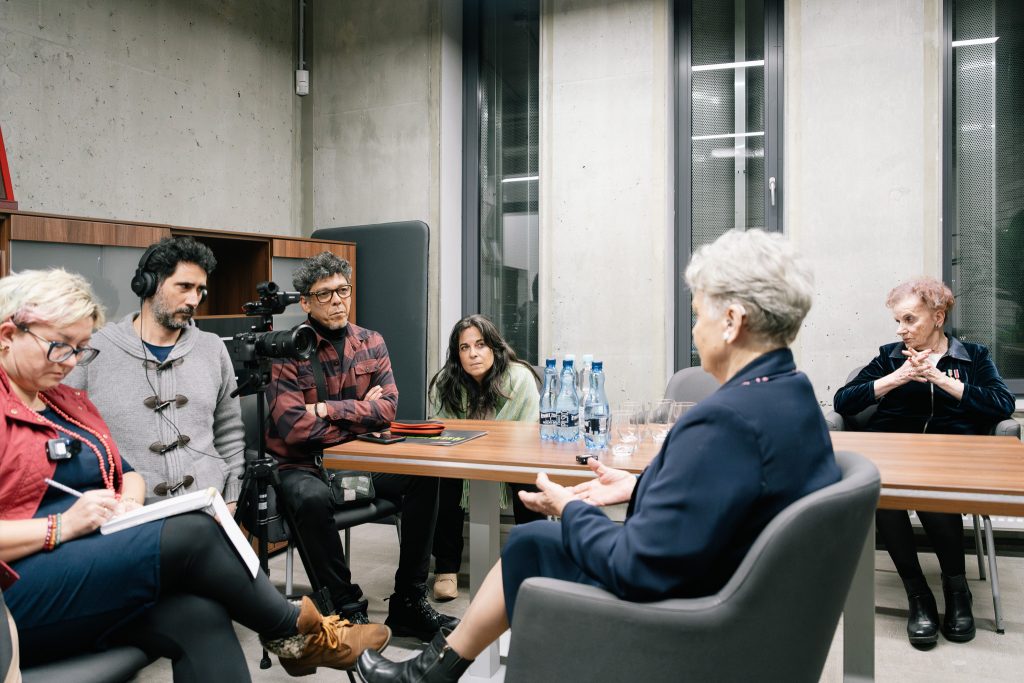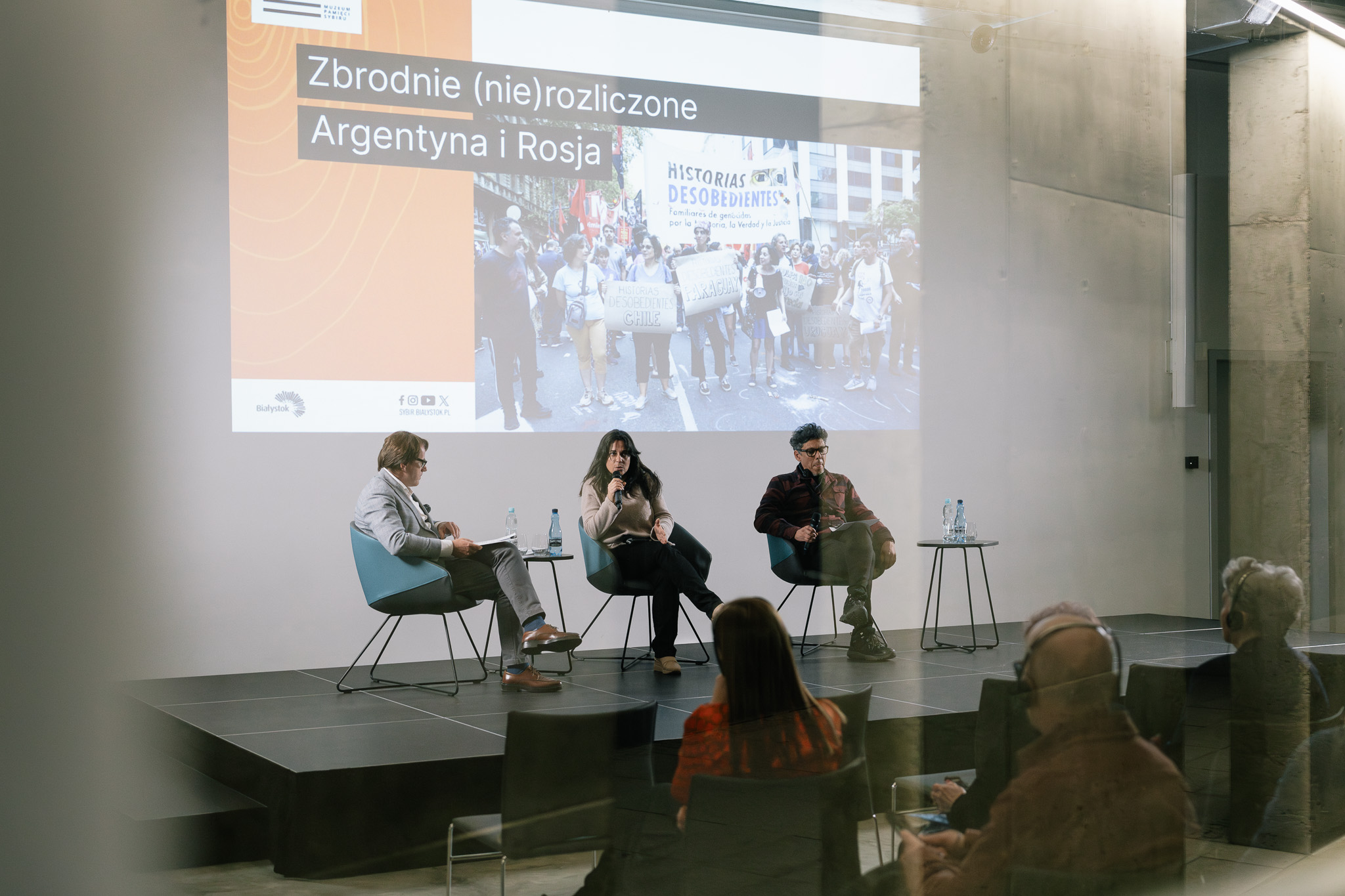The audience who came to the Sybir Memorial Museum for the meeting led by professor Wojciech Śleszyński had the opportunity to listen to the testimony of Analia Kalinec, one of the leaders of the ‘Historias Desobedientes’ movement. It is an organization founded by family members of people accused of committing crimes during the rule of the military junta. They demand bringing the guilty ones to justice, even though we are talking about their brothers, fathers or grandfathers. They are ready to testify against their loved ones so that Argentine society can settle the then government accountable for the years of terror.
The second guest was Martin Vergara, a filmmaker. — I was born in 1971. I am the son of politicians who participated in the regime’s activities. Many of my colleagues disappeared, I saw the influence of dictatorship on many aspects of life… — he said.

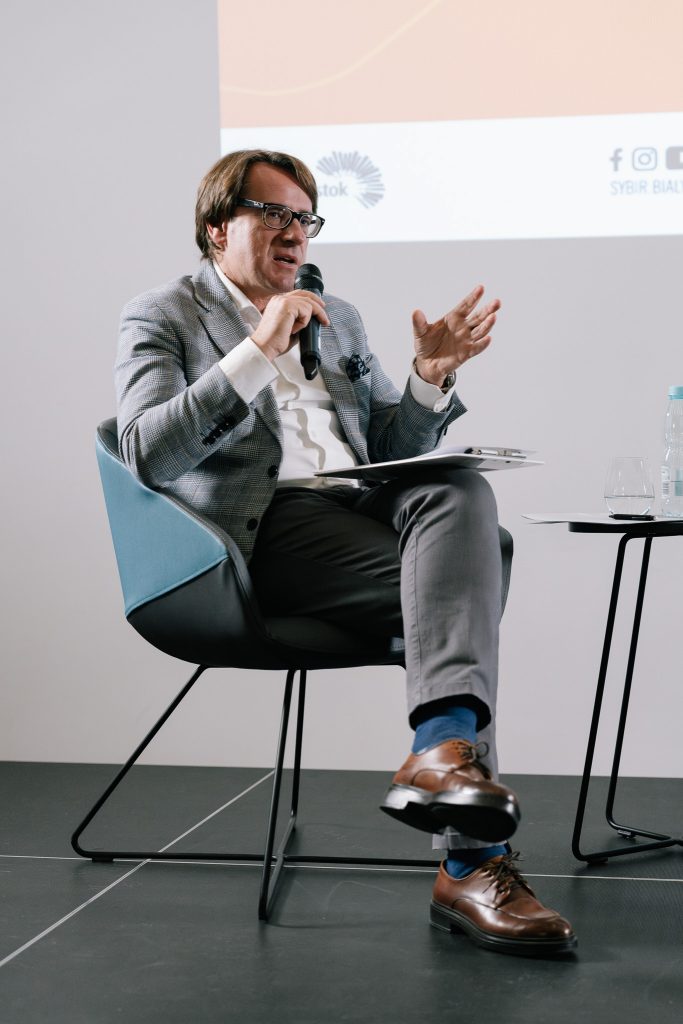
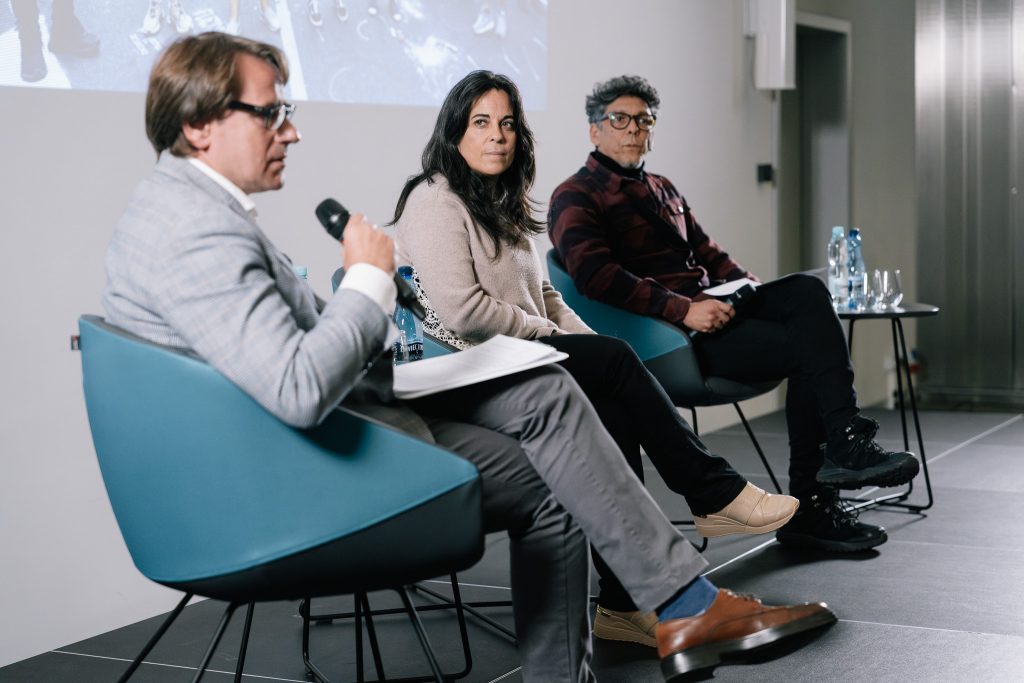
On March 24, 1976 a coup by the army led by General Jorge Rafael Videla took place. Under the pretext of an internal crisis, the serviceman introduced a bloody dictatorship. Political opponents — as well as people merely suspected of opposing the government — were kidnapped, tortured and murdered. To this day, the fate of nearly 30,000 people is unknown and they are considered missing. The children of women who gave birth while imprisoned were taken away from them and given up for adoption.
— I was born in 1976, when there was already a dictatorship — said Analia Kalinec. — Those kids are about the same age as me. Some are still unaware of their origins — she emphasized.
— Every year, on March 24 tribute is paid to those who have gone missing. We meet at Plaza de Mayo, May Square in Buenos Aires, and every year there are more of us, people of different ages come — Kalinec said. This is where ‘the Mothers of the Plaza de Mayo’, mothers and grandmothers of missing children, demonstrated for many years.
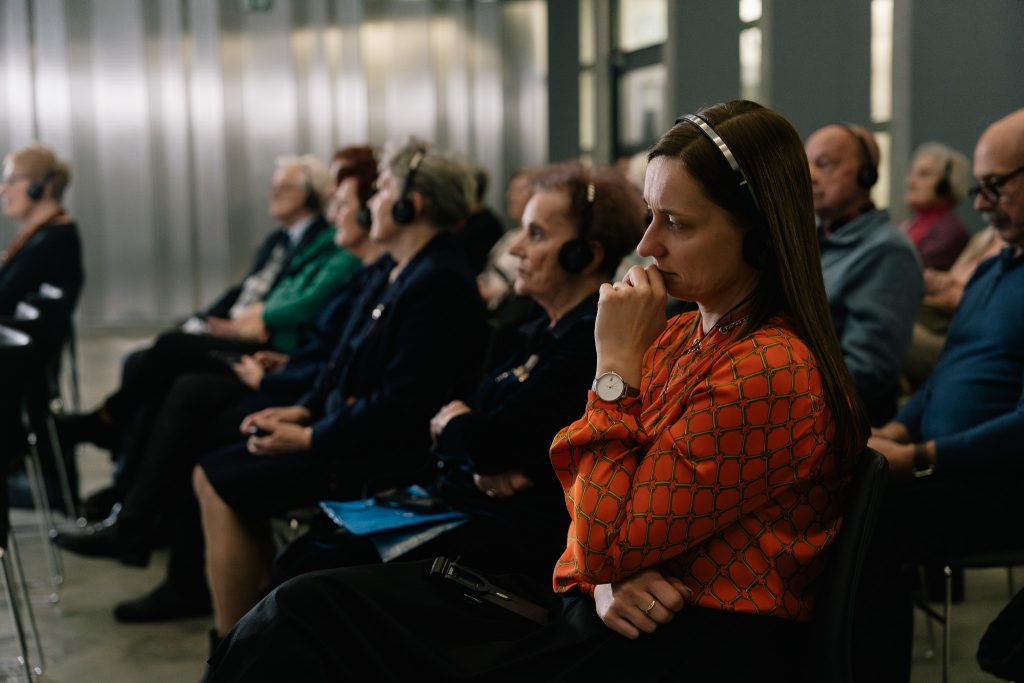
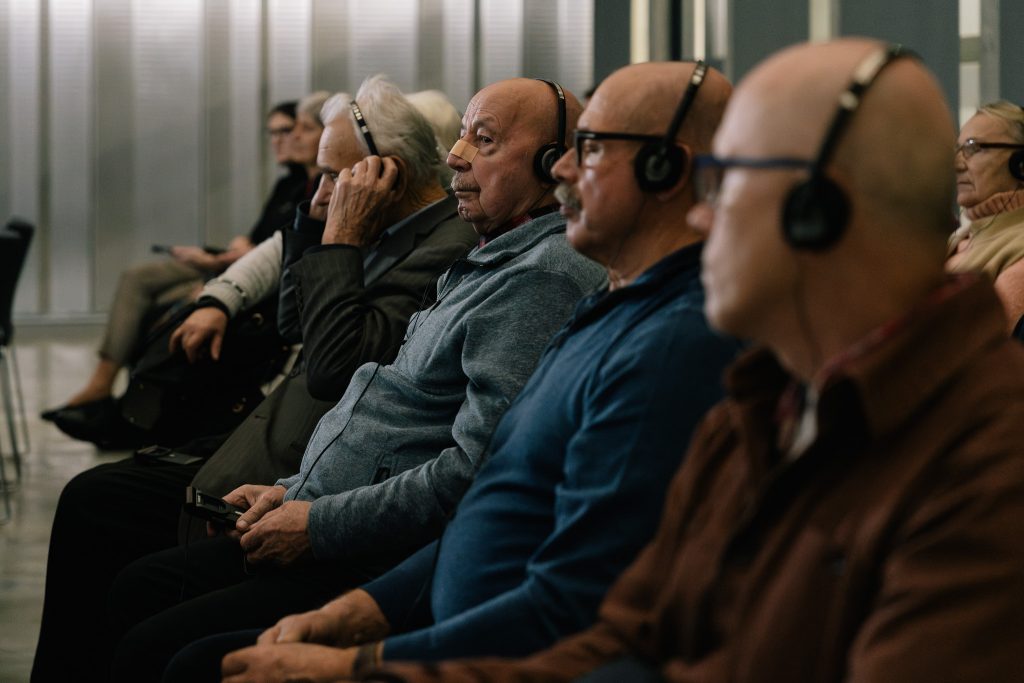
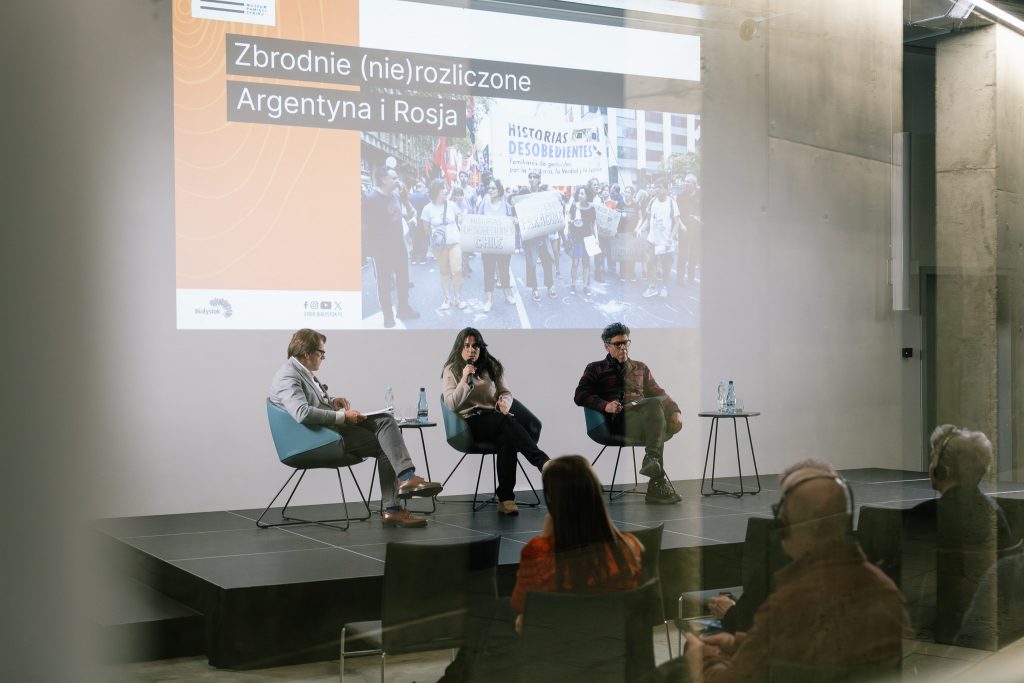
Junta officials enjoyed impunity for years. They claimed that they were merely following orders.
Analia Kalinec’s path of truth and work for justice was not easy. — My father was an idol for me. He took care of my family so nothing was missing. When he was arrested, he assured me that he was fighting for the good of his country and that he never did anything for which he had to be ashamed. But listening to people during the trial, I understood that he had done evil. He still has information about missing people. But she prefers to remain silent… — she said.
Analia’s father, Eduardo Kalinec, is known in Argentina as ‘Doctor K’. He was tried in 2010 and received a life sentence. He was proven guilty of murdering five people and torturing147 prisoners in camps for opponents of the dictatorship.
— My mother and my sisters told me not to ask questions. They argued that we should remain silent about it. And I needed to shout about it. I wanted to know, I needed to talk. I am a mother — she said with her breaking voice — I have two children, when they were little, I was wondering how to tell them about it?
According to Kalinec, many families in Argentina are divided — some relatives want the perpetrators to be held accountable, even if they are their loved ones. Others prefer to remain silent.
— On the one hand there is the pain of the victims and those who sympathize with them, on the other there is silence and no answers to questions. It cuts off bones — says Kalinec.
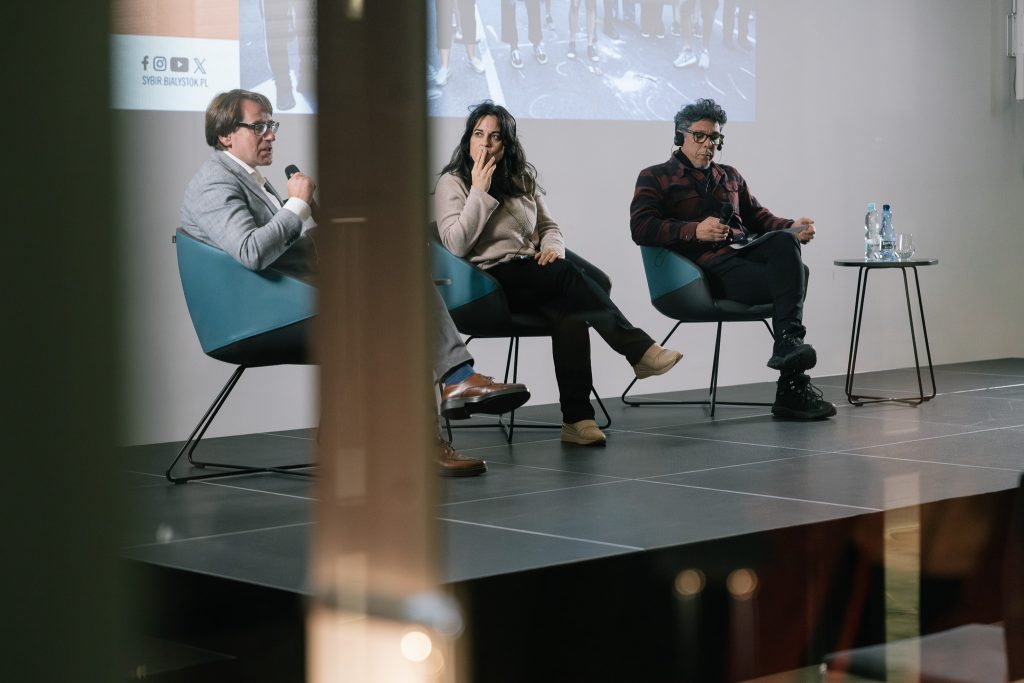
Ultimately, the key impulse for the development of the social movement towards finding the truth was the situation in 2017. It was then that the government decided to reduce the sentences of military men convicted in previous trials according to the ‘two for one’ rule, i.e. counting one year spent in prison as two years.
— Then the so-called March of the Handkerchiefs took place — Analia said. — The people of Argentina stopped impunity and the Supreme Court rejected this law. From spontaneous demonstrations, meetings with victims and people with similar experiences, the ‘Historias Desobedientes’ movement, or ‘Disobedient Stories’, was born.
Martin Vergara added: — For all of us, the Mothers of the Plaza de Mayo are a spiritual symbol. They shaped us, we took to the streets with them.
Today, the branches of ‘Disobedient Stories’ also operate in Paraguay, Chile, Spain and even in Germany. Analia Kalinec came to Białystok from Berlin, where she met the descendants of Nazis.
— Although we are not guilty of our parents’ crimes, our subconscious works in such a way that we feel ashamed and guilty. But if such great evil and hatred once existed, there must also be great love that will overcome it. It is great social work to grow in love — said the Argentine.
After the meeting with the audience, the guests from Argentina gathered in a small group with the representatives of the Bialystok Branch of the Association of Siberian Deportees. They recorded a conversation with them devoted to the subject of forgiveness, the material will be used in the film that is being prepared by the Argentineans.
